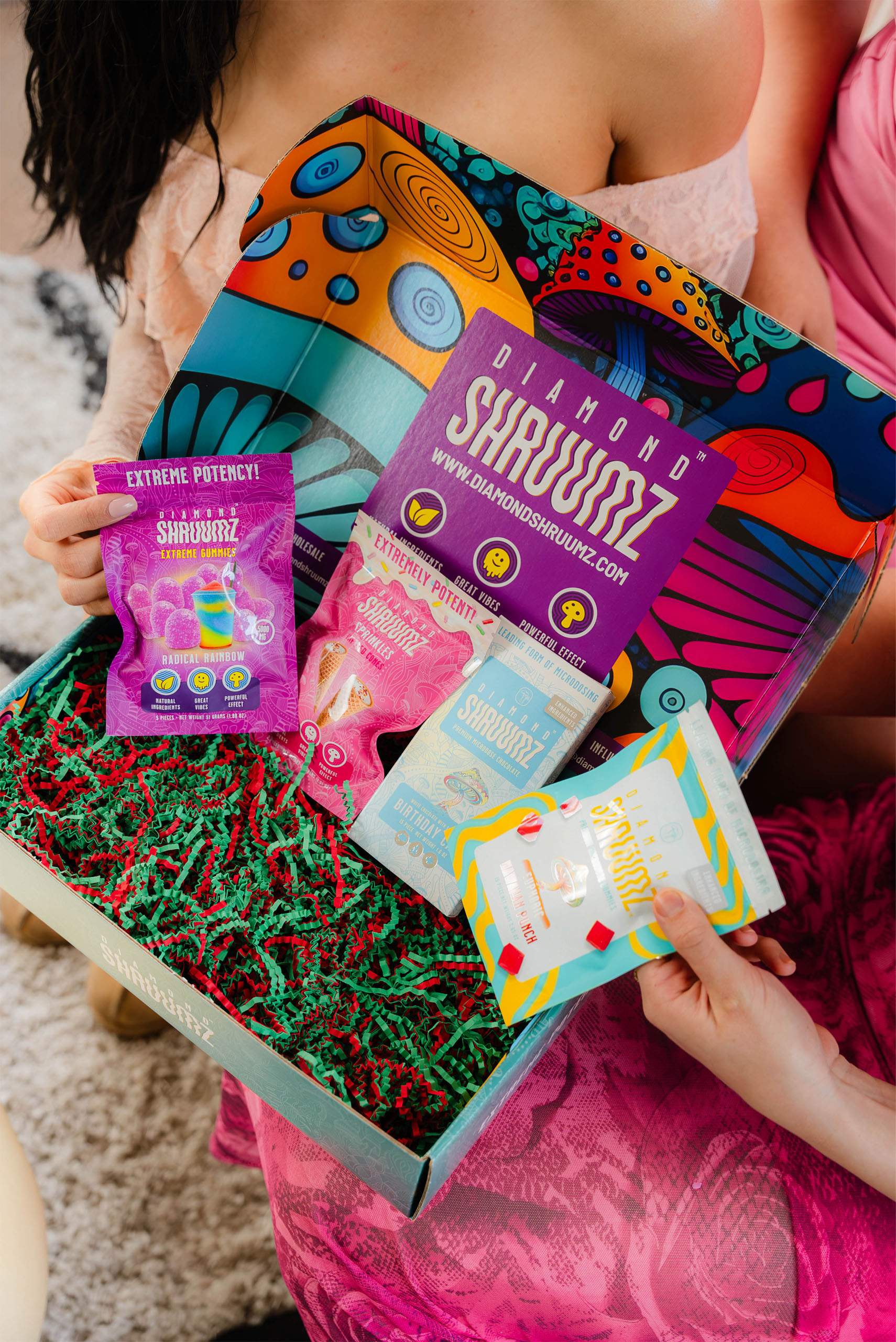On April 7, 2023, the Chicago Cubs announced a partnership with MYND DRINKS, a Chicago-based cannabis beverage company. This historic partnership recognizes the Cubs as the first Major League Baseball (MLB) team to collaborate on a business venture with a cannabis company.
Background
Back in December 2019, MLB modified its list of abusive drugs by removing cannabis to implement a more treatment-based approach. The league’s updated drug policy allows players to use natural cannabinoids for medical purposes, such as to help relieve pain, improve quality of sleep, and manage stress or anxiety.
A couple years later, on June 22, 2022, MLB announced a landmark decision to approve CBD sponsorships. However, the sponsorships must satisfy two requirements:
- CBD companies must receive the NSF Certified for Sport® designation, a certification designed to:
- favor products infused with CBD, a non-psychoactive compound found within the hemp plant, and
- disfavor products infused with psychoactive levels of THC, which pose a risk of drug-induced sensations to consumers, and
- MLB teams must receive approval from the Commissioner’s office.
MYND DRINKS produces 100% plant-based, CBD-infused, sparkling beverages. The three beverage flavors—Lemon Ginger, Elderberry Passionfruit, and Orange Mango—each satisfied MLB’s safety measures to obtain NSF certification. The CBD company promotes wellness and recovery, and aspires to change the world “one MYND at a time.”
Partnership & Opportunities
The partnership between the Cubs and MYND DRINKS includes, among other things, on-field signage at Wrigley Field stadium, certain in-game features, and international marketing rights in the United Kingdom.
Furthermore, MLB’s Chief Revenue Officer stated that the league is open to featuring jersey patch sponsorships for the 2023 season. Since opening day, on March 31, 2023, a handful of MLB teams debuted sponsorships with a company logo adorned on the sleeve of players’ jerseys. Cannabis companies are permitted to participate in such deals as well. However, a company interested in this arrangement must “have a brand that represents sports.” CBD brands supporting wellness and recovery, like MYND DRINKS, will likely receive a green light from the league’s administration.
Cannabis Market Trends
Market competition is intensifying due to the increasing therapeutic properties of cannabis and continuing legalization of markets. As a result, there has been a rise in demand for cannabis-infused beverages, edibles, and other related products. The global cannabis market was valued at about $13 billion in 2022 and is projected to grow at a compound annual growth rate of 22% to reach over $66 billion by the end of the decade. Cannabis companies are thus eager to establish a position in this rapidly expanding market.
Therefore, this CBD partnership will be revolutionary for MLB and other professional sports leagues across the globe.
Read the full text of the article on Law360.


